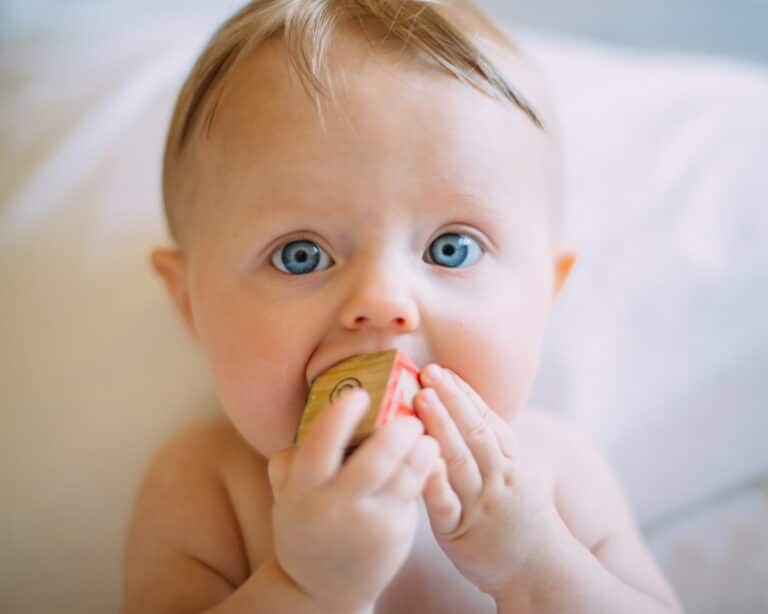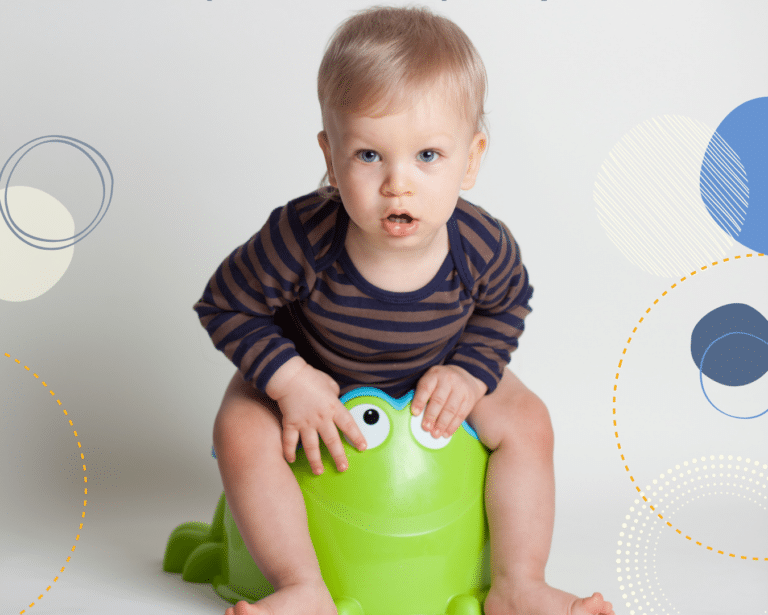Top tips for growing babies’ brains
Babies are born with almost all the neurons in their brains that they will need as adults. Their first developmental task is to start linking those neurons together to form the neural circuits that govern knowledge and skills. Growing babies’ brains is serious work!
In the first year of life, a baby’s brain develops these neural networks very rapidly. That development is driven partly by genes but also by the baby’s experiences and environment. So it is vital that babies get a safe, nurturing and stimulating environment.
Here are my top tips for how parents can help grow their babies’ brains:
Talk with your baby
Lots and lots. Face to face. As if they can understand you. Leave pauses for your baby to respond and, when she makes a noise or just scrunches up her face, then answer her exactly as if she had really joined the conversation. This ‘burst/pause’ pattern is the first building block for learning communication skills.
Provide a running commentary
Whenever you do something, talk about what you are doing. If you touch an object, name the object. If your baby smiles, use the word ‘smile’. By matching sounds to objects and actions, babies begin to differentiate words and start to learn language.
Engage your baby’s senses
Babies learn about the world through their senses so spend lots of time engaging all five of them! Sing songs, do action rhymes, look at picture books, cuddle, provide lots of different textures to touch…. And make sure your baby has lots of non-dummy time to explore objects with his mouth. Give him safe household objects to play with for variety, not just toys!
Soothe your baby
It’s not all about stimulation, it’s also about calm. When babies are stressed, their bodies release stress hormones. Prolonged elevated stress hormones can interfere with how babies’ brains develop. Parents have a really important role in helping babies to regulate those hormones by soothing them. Tune in to your baby and be reassuring when she’s getting anxious or upset.
Get out and about
Getting out of the house is good for parents’ mental health and it also provides lots of new sensory experiences for building babies’ brains. Go for a walk or just sit in the garden together to experience the fresh air and outdoor smells and sounds. Point out interesting sights. Take advantage of local parents’ groups so you can stay social.
Play games (again and again)
Especially games that involve touch and surprises. Peek-a-boo, Pat-a-cake, This Little Piggy Went to Market. Repetition heightens excitement as your baby learns to anticipate what will happen next. Even more fun when you add small changes or new twists!
Lots of Dad time
Interacting with an active male in the early stages of babies’ development has been shown to increase cognitive performance (i.e. brainpower) by the age of 2 years. This might be because men tend to have a more stimulating play style (whereas mums are more likely to err on the side of caution). Encouraging a child to take risks in play expands their exploration closer to the edge of their comfort zone.
Room to roam
Once babies are rolling or crawling then provide safe spaces for them to explore by themselves, both indoors and outdoors. (You’ll need to supervise – that first roll can come suddenly and without warning!). Getting limbs to move in new ways requires lots of practice – and a fair bit of frustration.
Encourage curiosity
Children’s thinking skills are built on their first explorations of objects as babies. Help them engage with toys and safe objects in new ways. Show them how to interact with new objects and then take their hands and guide them through it. Look at things together. Encourage imaginative play and different uses of the same toys.
Remember, a baby’s attention spans is very short so variety (and a good relationship to know when they want to stop or move on) is key!
Got a toddler? Here’s everything you need to know about toddlers’ brains! Or read up on essential child development tips for supporting learning in Parents and the Zone of Proximal Development.
Found this interesting? Check out our monthly newsletters.







Leave a Reply